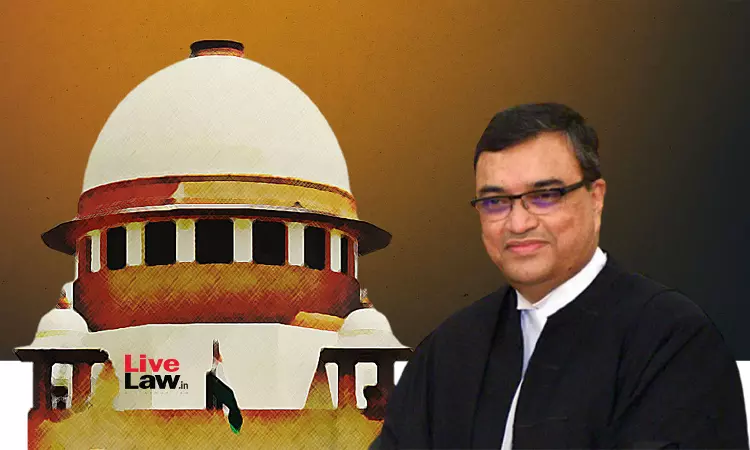Who Is Justice Dipankar Datta, Newly Sworn-In Judge Of Supreme Court?
Sharmeen Hakim
12 Dec 2022 10:57 AM IST

Next Story
12 Dec 2022 10:57 AM IST
In the summer of April 2020, at the peak of the Covid-19 pandemic, Justice Dipankar Datta drove down close to 2,000 kms from Calcutta to take charge as Chief Justice of the Bombay High Court. Over two and a half years since, on Sunday, the Centre notified Justice Datta's appointment as a judge of the Supreme Court of India. The notification came two and a half months after the SC...
